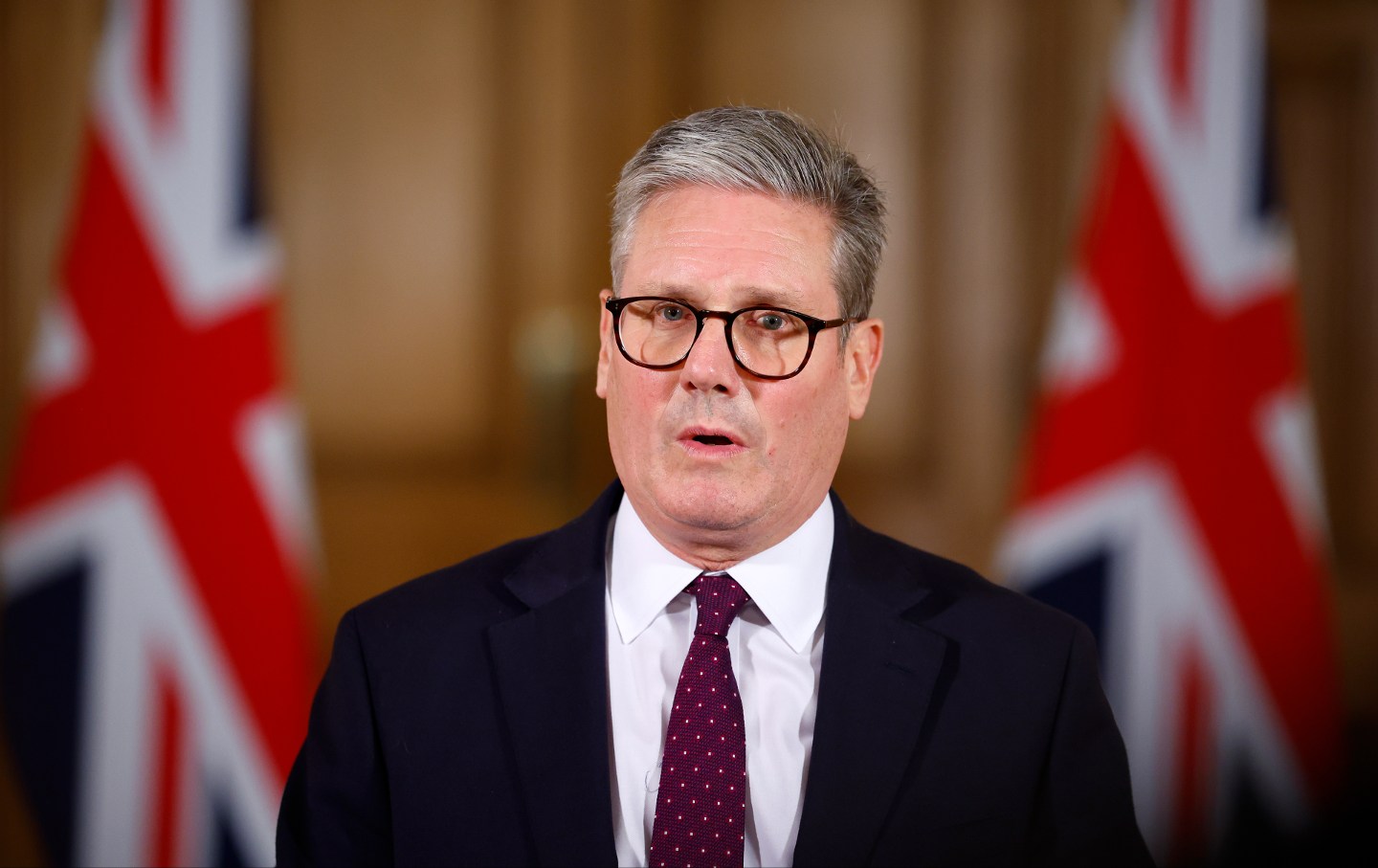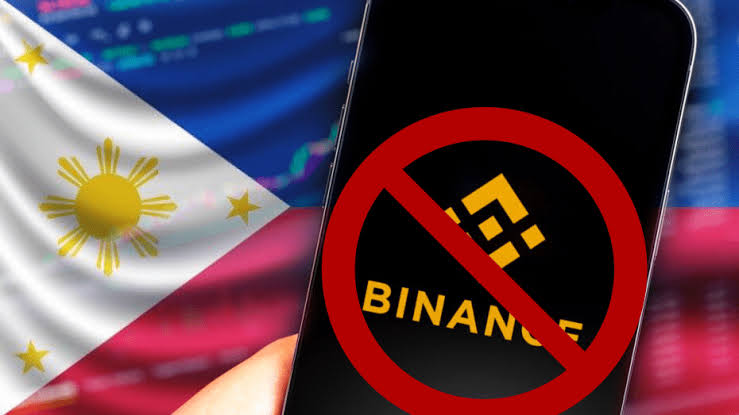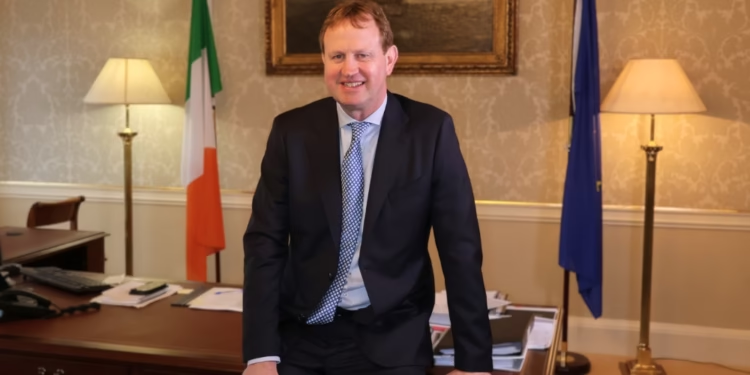A global coalition of privacy advocates has called on the Irish government to halt work on a controversial Ireland encryption law that would give law enforcement access to encrypted communications.
In an open letter released on Thursday, Ryan Polk of the Global Encryption Coalition (GEC) urged the government to abandon the Communications, Interception and Lawful Access Bill, warning that the measure could “undermine cybersecurity and digital trust” across Europe.
Any country that undermines encryption risks threatening the privacy and security of people far beyond its borders, Polk wrote. But Ireland, as host to the EU headquarters of major tech companies including Apple and Meta, bears particular responsibility.
The bill, championed by Justice Minister Jim O’Callaghan, remains in pre-draft stages, but insiders expect drafting to begin within months. The GEC argues that the Ireland encryption law would weaken cybersecurity for individuals, businesses, and even state agencies.
Encryption backdoors seen as national security threat
Privacy experts say the proposed Ireland encryption law would not only weaken personal privacy but also jeopardize national security. Critics note that introducing “backdoors” into encrypted systems could allow hackers and hostile foreign actors to exploit vulnerabilities.
Encryption is a critical security feature; any deliberate weakening or circumvention of it creates systemic vulnerabilities that would endanger everyone and put Ireland’s national security at risk, Polk wrote in his letter.
Polk warned that end-to-end encrypted platforms like WhatsApp and Signal could face an impossible dilemma either weaken their encryption to comply with Irish law or withdraw from the Irish market altogether.
In both cases, the result would be weaker security and reduced privacy for Irish citizens, businesses, and institutions that depend on encryption to maintain trust in the digital world including Irish Government ministers and the gardaí themselves, he said.
The concern is not new. Cybersecurity analysts at The Guardian and Euractiv have warned that similar proposals in the UK and EU could create systemic vulnerabilities under the guise of lawful access.
Chat Control: same problem, different name
The Irish proposal comes amid the EU’s heated debate over its Chat Control regulation, a law that would require messaging platforms to scan messages before they are encrypted and sent.
The initiative suffered a major blow last week after Germany’s government formally announced it would not support the proposal, citing constitutional privacy protections. According to TechRadar, Berlin described Chat Control as “an unacceptable intrusion into private life.”
Despite growing EU skepticism, Ireland continues to support the concept of pre-encryption scanning something the GEC warns could set a dangerous precedent.
The Irish government must not underestimate the grave consequences of weakening encryption, the coalition said. The privacy and security of all European citizens, and beyond, will be at risk.
Ireland will play a key role in the EU’s digital policy direction when it assumes the EU Council presidency in July 2026, giving its stance on encryption outsized influence over future European regulation.
Tech industry warns of economic consequences
Ireland’s position as Europe’s digital hub makes the Ireland encryption law especially consequential. The country hosts the EU headquarters of tech heavyweights like Apple, Meta, and Google, all of which rely on robust encryption to protect user data and maintain regulatory compliance under the General Data Protection Regulation (GDPR).
Experts warn that weakening encryption could discourage tech investment in Ireland. “If companies can’t guarantee data security under Irish law, they will look elsewhere,” said Aoife Byrne, a cybersecurity researcher at Trinity College Dublin, in a statement to Euronews.
Polk added that the proposed bill could make Ireland a weak link in Europe’s cybersecurity chain, noting that any breach could have ripple effects across the EU’s digital infrastructure.
Balancing privacy, safety, and EU leadership
Supporters of the proposed Ireland encryption law argue it could assist in tackling child exploitation and organized crime. But opponents counter that such goals can be achieved without dismantling secure communications for millions.
The broader question whether democracies can protect citizens while upholding digital privacy remains unresolved. For now, Ireland faces mounting domestic and international pressure to rethink its position before the draft law reaches parliament.
As the EU grapples with its digital sovereignty ambitions, Ireland’s decision could set the tone for the bloc’s approach to encryption for years to come. Whether Dublin prioritizes privacy or policing will determine not only the future of encrypted communication but also the trust of citizens and businesses that rely on it every day.











